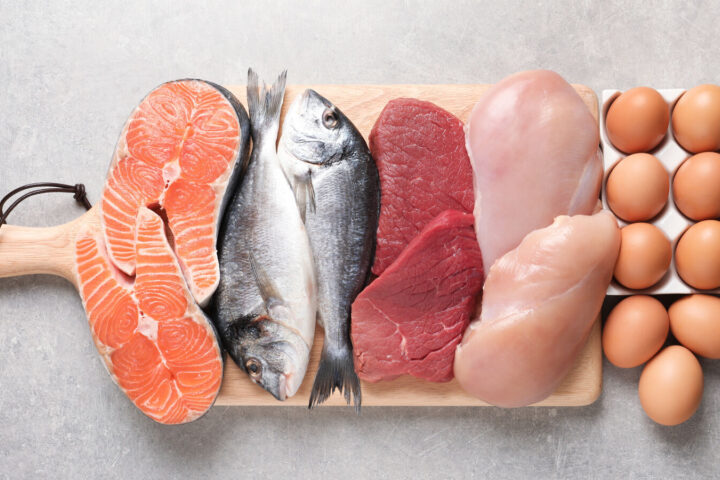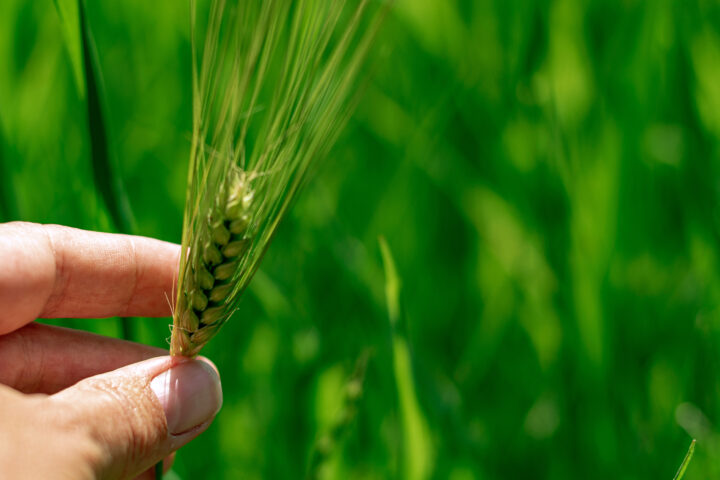
Organic products more frequently affected by recalls
Organic products have to be taken off retailers’ shelves at an above-average rate. The reason for this is toxins from plants harvested together with the organic produce or from molds. They can be controlled less well in organic agriculture than in conventional agriculture.
Tuesday, September 13, 2022
In recent weeks, there have been numerous cases where retailers have had to recall organic products. The reason? Toxins from weeds harvested together with the organic produce contaminated the latter. One example is corn chips, which were contaminated with so-called tropane alkaloids.
The organic sector is faced with a high recall rate
As the “Sonntagszeitung” writes, organic food is particularly frequently affected by recalls. Since the beginning of 2020, they have accounted for more than 20 percent of products for which the Federal Food Safety and Veterinary Office (FSVO) issued a warning. Compared to the 10.9 percent market share of organic food, this figure is above average. However, it is likely to be even higher, because the FSVO does not declare with every warning whether an organic product is involved.
Weeds among the harvested produce
When harvesting cereals, weeds can be inadvertently harvested too. In the case of the corn chips mentioned above, jimson weed seeds, which contain tropane alkaloids, were unintentionally harvested together with the produce. The toxin can cause nausea and headaches. Because organic farmers are not allowed to use weed killers such as glyphosate, the risk of unwanted plants contaminating the harvested produce is higher than in conventional agriculture. This is also confirmed by organic pioneer, Urs Niggli, in an interview with the “Sonntagszeitung”: “As a general rule, there is a higher risk in organic agriculture in terms of food safety.” However, according to the organic expert, tropane alkaloids are not the only danger.
Limited means available to fight molds
Molds also cause difficulties for organic products. They can be controlled less well in organic agriculture, because once again the permitted means are limited. Fungi are fought almost exclusively with copper. Molds in food are dangerous for humans and animals as they may contain carcinogenic mycotoxins. Recently, the German drugstore chain Müller had to recall an organic date hazelnut cream due to mold infestation.
Organic boom poses an additional risk
According to Urs Niggli, a further reason for the high proportion of organic products on the FSVO’s recall list is likely to also have something to do with the organic boom during the coronavirus pandemic. According to the expert, growing demand is likely to make it difficult to control supply chains.
Now that the organic boom has subsided somewhat again in 2022, it remains to be seen whether the falling demand will also have an impact on the number of complaints.
Good to Know
Pesticides not only help to achieve higher yields, they also reduce crop failures during preprocessing, transport and storage, where additional losses of up to 40 percent can occur. Resource efficiency means the efficient use of technological, economic and natural resources. The correct use of pesticides reduces the pressure on natural resources and increases the proportion of high-quality crops harvested.
Related articles

Why Strict GMO Regulation Stifles Innovation
New breeding techniques such as CRISPR-Cas are considered key to developing resilient crops, stable yields and reducing the need for plant protection products. ETH professor Bruno Studer warns that overregulating these technologies strengthens precisely those large agricultural corporations that critics seek to curb, while excluding smaller breeders and start-ups from the market.

A Superfood with Benefits and Challenges
Sweet lupin is Biovision’s “Superfood of the Year 2026.” It delivers high protein content, improves soils and supports biodiversity. Yet a closer look at agricultural practice shows that without breeding, crop protection and innovation, even this superfood remains a challenging crop.

Sales bans due to PFAS: Should we be worried?
After spectacular sales bans on fish and meat due to PFAS contamination, consumers are asking themselves: How dangerous are these substances really – and what can still be placed in the shopping basket without concern?

How German Experts View New Breeding Techniques
In hardly any other country is the idyllic image of organic farming cultivated in the public sphere as carefully as in Germany. Naturalness and rural authenticity are powerful mental refuges for many Germans. Against this backdrop, it is hardly surprising that resistance to new breeding techniques is strong – and that ignorance about the realities of organic farming sometimes appears almost deliberate.

